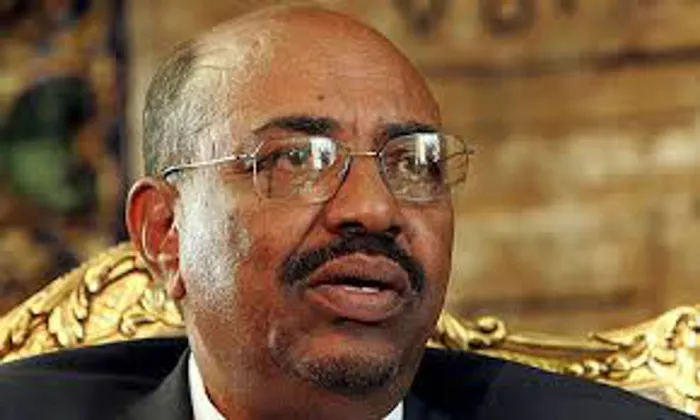
Sudanese President Omar al-Bashir Sudanese President Omar al-Bashir
Peter Fabricius
Darfur, which was the crisis de jour in Africa a decade ago, has now become the continent’s forgotten war.
But South Africans were sharply reminded that it is not over when one of our soldiers was killed on September 27 in an ambush by unknown gunmen on a convoy of the joint UN-AU peacekeeping mission Unamid in North Darfur state.
According to Beeld, South African troops in Unamid had been ambushed in about the same place a month before. They escaped without casualties by bartering one of their heavy machine guns for their lives. Surrendering a weapon like this was perfectly realistic in the circumstances, according to independent military expert André Roux, because the South African patrol was “seriously out-gunned”. The rebels had an anti-tank weapon mounted on a truck trained on the SANDF infantrymen as well as many more heavy machine guns mounted on other vehicles surrounding them. There have been several other incidents like this over the years, some involving SANDF troops.
Roux, who was involved in planning SANDF operations in Darfur when he was in the SANDF, says the Unamid peacekeepers are under-armed because that’s the way the Sudanese government wants them to be. “Sudan prohibits any heavy weapons going in so the rebels have heavier weapons than we do.”
That’s to pressure the countries contributing troops to Unamid to pull out so the mission collapses, he added. “They want the freedom to achieve a military solution to the crisis in Darfur.”
That is probably an important reason why the UN has not ended Unamid’s mission, though many are questioning its relevance. In June the UN Security Council voted to extend Unamid’s mandate, citing a “significant deterioration of the security situation”. “The unanimous vote represented something of a defeat: an admission that after 11 years of international involvement, the region remains as dangerous and unstable as ever,” as the most recent Institute for Security Studies (ISS) Peace and Security Council Report said.
Since the fighting in Darfur began in earnest in 2003, more than 300 000 people had been killed and an estimated 2.5 million displaced, it said. The ISS said the warfare in Darfur had become more intense and much more complicated over the years. At the start it had largely pitted non-Arab tribes against government forces and government-sponsored militia groups (the “Janjaweed”). But over the years the conflict has mutated, with the number of armed groups proliferating and many turning on their own allies.
However, the Khartoum government’s assault on the people of Darfur continues, according to Human Rights Watch, which said in a report last month that over the last year a fairly new government military unit, the Rapid Support Forces, had “killed, raped and tortured civilians in scores of villages in organised and systematic ways that may constitute crimes against humanity”.
The ISS, like the UN, concludes that even though something clearly has to be done, the wretched people of Darfur would be even worse off if Unamid pulled out – as Khartoum wants. It was for allegedly orchestrating government atrocities in Darfur, of course, that Sudan’s President Omar al-Bashir was charged by the International Criminal Court (ICC) for war crimes, crimes against humanity in 2009 and 2010.
In June the South African government, an ICC member, flouted its duties to the ICC by letting him into South Africa to attend the AU summit – and then allowing him to leave without arresting him. It is ironic, to put it mildly, that he is apparently repaying the favour by endangering the lives of South African soldiers in Darfur through denying them the weapons they need to protect themselves.